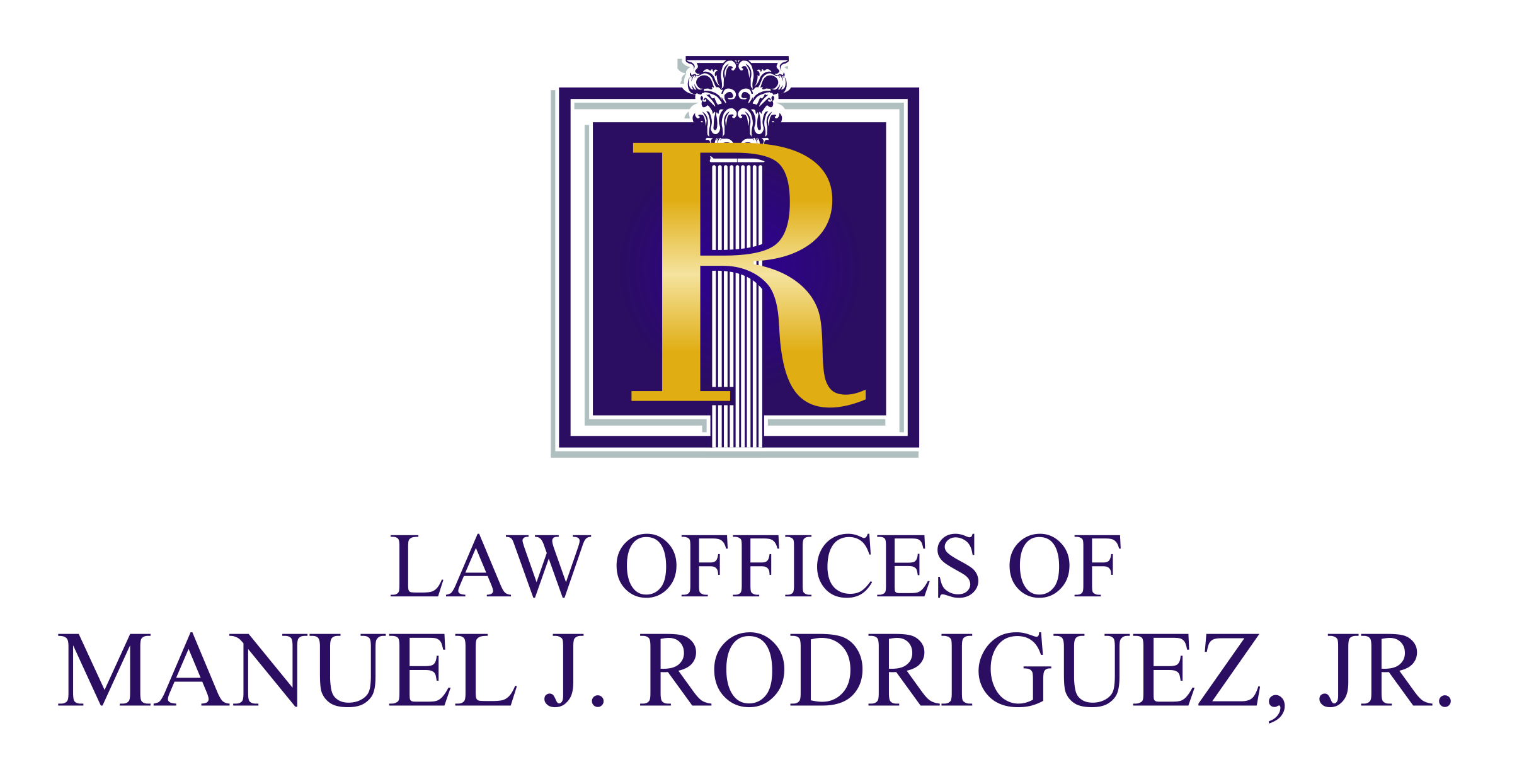Una lesión en el trabajo no es algo simple que usted debe tratar sin ayuda. Pueden surgir muchos problemas complejos que sólo deben ser tratados por un abogado con experiencia en la práctica de ley de
compensación a trabajadores. El ajustador de reclamos en su caso tiene abogados; used también debe tener un abogado. Llámenos al
 (760) 433-9009
(760) 433-9009 para reservar una consulta gratuita para evaluar su caso detalladamente. Solo cobramos honorarios cuando le conseguimos a usted una compensación monetaria en su caso.
Un abogado hablará con usted personalmente en la entrevista para asegurarnos de que su caso o casos estén plenamente evaluados. Dependiendo de la complejidad de los casos, nuestras evaluaciones pueden tomar de una hora a dos horas. Es nuestro objetivo proporcionar a nuestros clientes una representación excelente porque la forma más valiosa de publicidad es la palabra-de-boca. Queremos que todos nuestros clientes nos manden a su familia y amigos con toda confianza. Llámenos para reservar una consulta. La consulta es gratuita, y no hay cobro alguno si no aceptamos sus casos.
La ley de Compensación a Trabajadores de California ofrece ayuda inmediata para las peronas lesionadas en el trabajo. El empleador no tiene que ser culpable por la lesión de trabajo. La ayuda está disponible incluso si el accidente de trabajo fue su propia culpa, o la de un compañero de trabajo. Siempre y cuando la lesión no fue intencionalmente auto-infligida, la ayuda está disponible. Una lesión en el trabajo puede ser el resultado de un accidente o de un incidente de trabajo específico. Sin embargo, una lesión en el trabajo también puede ser el resultado del trabajo diario ordinario, tal como actividades repetitivas o el ser expuesto a ambientes de trabajo (calor, frío, humedad, sonidos fuertes, vibración, el ser expuesto a gérmenes o expuesto a químicos). Un ambiente hostil de trabajo o incidentes emocionalmente traumáticos en el trabajo pueden producir lesiones a su estado emocional. Hay ayuda para tratar con esas lesiones emocionales.
Cuando un trabajador lesionado informa al empleador de una lesión en el trabajo y TAMBIÉN le informa de su necesidad de atención médica, el empleador debe enviar al trabajador lesionado a un médico apropiado de inmediato. El empleador también debe notificar al seguro de compensación a trabajadores acerca de su lesión de trabajo. Un ajustador de reclamos del seguro de compensación a trabajadores, o del empleador auto-asegurado, debe normalmente pagar por la atención médica proporcionada al trabajador lesionado. El ajustador de reclamos también debe pagarle beneficios al trabajador lesionado por incapacidad temporánea si el médico indica en sus reportes que la lesión le impide al trabajador regresar al trabajo, o si las restricciones de trabajo no pueden ser acomodadas por el empleador. Si el trabajador lesionado sufre una incapacidad permanente debido a la lesión en el trabajo, el ajustador de reclamos también debe pagarle al trabajador lesionado compensación al grado y de la manera obligada por ley. Si el médico indica en sus reportes que la incapacidad permanente le impide al trabajador hacer el trabajo que tenía al momento de su lesión en el trabajo, el empleador puede ofrecer al trabajador lesionado un puesto de trabajo que el trabajador pueda realizar. Si no es así, entonces el ajustador de reclamos debe proporcionar al trabajador un boleto para recibir entrenamiento limitado en otro trabajo.
Los detalles técnicos y las largas demoras de un caso de compensación al trabajador pueden ser muy abrumador y frustrante. Podemos ayudarle tratar con todos esos problemas para que usted pueda enfocarse en mejorarse de sus lesiones para poder regresar a trabajar y a una vida tan normal como lo sea posible.Le invito que explore la sección, abajo, de Preguntas Frecuentes y haga clic en cada tabla de temas para leer más.
 (760) 433-9009. There is no fee until we get you a monetary recovery. Our fee is typically 15% of your recovery.
(760) 433-9009. There is no fee until we get you a monetary recovery. Our fee is typically 15% of your recovery. (760) 433-9009 para reservar una consulta gratuita para evaluar su caso detalladamente. Solo cobramos honorarios cuando le conseguimos a usted una compensación monetaria en su caso.
(760) 433-9009 para reservar una consulta gratuita para evaluar su caso detalladamente. Solo cobramos honorarios cuando le conseguimos a usted una compensación monetaria en su caso.


